Demystifying Electric Vehicles: Nissan pioneers first-ever digital EV education series
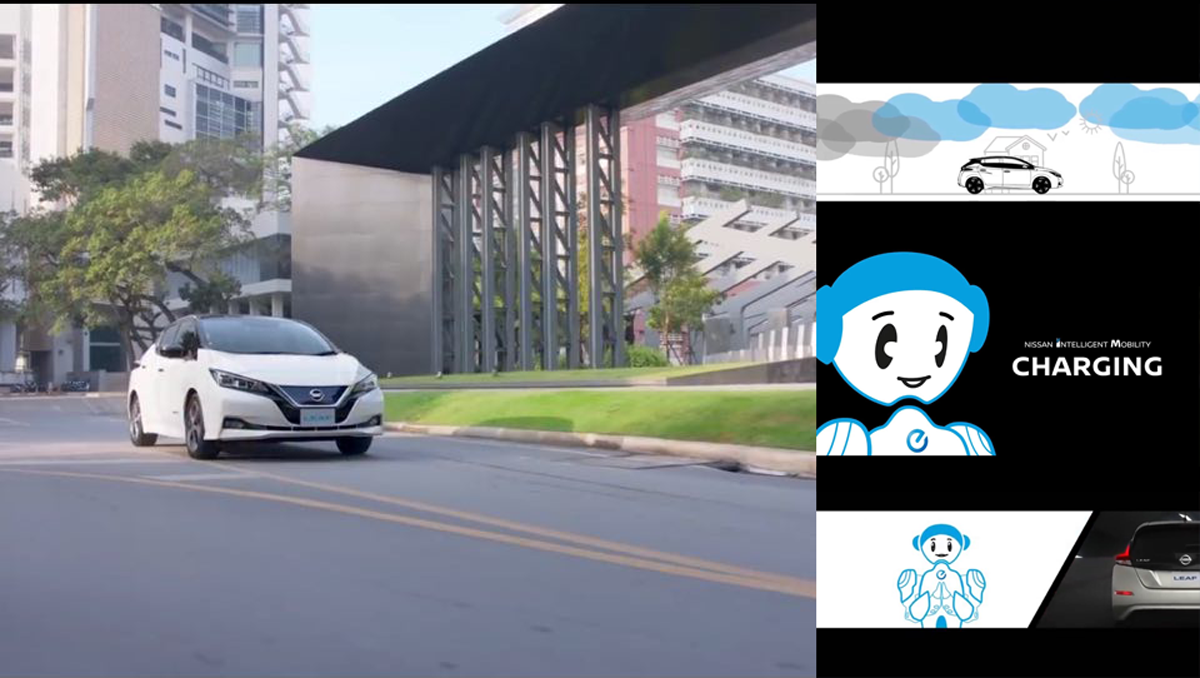
- Tackles Asia and Oceania’s top four EV myths
- Backed by seven decades of electric mobility expertise
In the past five years, global battery-only electric vehicle (EV) sales have increased 23-fold1 , with 37 percent of South East Asian consumers now considering EVs for their next vehicle purchase. To actively support this growing demand for information on EVs, Nissan launched its first education video series to bust myths and bring more awareness around electric vehicles.
“Across the region, we consistently hear that people love the idea of EVs but many may not fully understand how EVs fit into their lifestyles or the usage basics. As the world’s first automotive manufacturer to produce a mass-market 100-percent electric vehicle, with more than 70-years expertise in this form of automotive technology, we wanted to help promote awareness around this topic,” said Yutaka Sanada, regional senior vice president for Nissan Asia & Oceania. “To provide some insight, Nissan is packaging and sharing our practical knowledge on electric mobility with customers, through the voices of real people as they experience the technology first-hand.”
The four-part video series covers charging, range, driving and ownership, thereby tackling the most common questions surrounding EVs and myths around them. Leading the discussion, Tim Jarvis, Australian explorer and environmental scientist, and Naya Ehrlich-Adam, founder of sustainable food business Broccoli Revolution in Bangkok, team up to discuss questions about EVs based on their personal experiences and preferences.
Kicking off the series is the topic of charging. In a 2018 Frost and Sullivan survey commissioned by Nissan2, an average of 59 percent of South East Asian respondents listed charging options (the ability to charge at work, a charging point at home and the option to fast charge) as a motivating factor for purchasing an EV. Charging convenience was identified as the second most important factor for purchasing an EV after safety standards. While there is significant potential demand for EVs, a lack of knowledge on available charging options stands as a major barrier for many.
Charging tips In the first video on EV charging, Nissan shares data and tips on how EV owners can charge their vehicles, using the three main charging options for the Nissan LEAF as an example: standard outlet charging, wall box charging and quick charging.
* Similar to plugging a smartphone to charge, 80-90 percent of Nissan LEAF owners choose to charge their cars at home with the universal cable that comes with their car, mostly overnight.
* LEAF owners have the option of equipping their homes, offices or any useful place with a wall box, which provides a full charge within 5-7 hours – faster than standard socket charging.
* It takes just 40 to 60 minutes to replenish battery levels to 80 percent via quick charging stations, often located in convenient areas such as shopping malls.
The video also clarifies potential safety concerns of some, highlighting charging EVs can be safely be performed in the rain – a situation often faced in the rainy season across Asia and Oceania.
“This first-ever series is launched at a key time as the EV conversation grows and policymakers across the region race to accelerate the adoption of EVs,” added Vincent Wijnen, senior vice president for Nissan Asia & Oceania. “While the infrastructure develops, we aim to shed light for buyers on the truth behind EVs and debunk misconceptions on owning and driving such vehicles, such as the Nissan LEAF. Like any new technology, people crave information about how it works, in real terms. And it was important to share such tips in a relatable manner that buyers can understand, supported by Nissan expertise.”
The first chapter of Nissan’s education video series on electric vehicles, demystifying the topic of charging
About Nissan Asia & Oceania Nissan is a global full-line vehicle manufacturer that sells more than 60 models under the Nissan, INFINITI and Datsun brands. Nissan has been operating in the A&O region for over 60 years, employing more than 11,000 employees across research & development, manufacturing, logistics and sales & marketing operations. The A&O region itself encompasses 30 markets across both Asia and the Pacific, with the regional headquarters based in Bangkok, Thailand. Nissan has developed long-standing regional partnerships with National Sales Companies like Tan Chong Motor, as well as developing a growing network of more than 750 dealers, to deliver a significant Nissan, Datsun and INFINITI product line-up to A&O customers. Nissan is driven by Nissan Intelligent Mobility, the company’s vision for a better future for customers where cars are their partners, and where driving is safer, smarter and more efficient. For more information, visit https://asia.nissannews.com/en and follow us on Twitter at https://twitter.com/nissanAO.






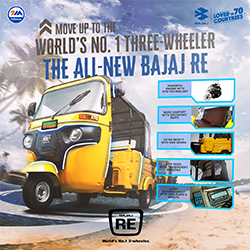

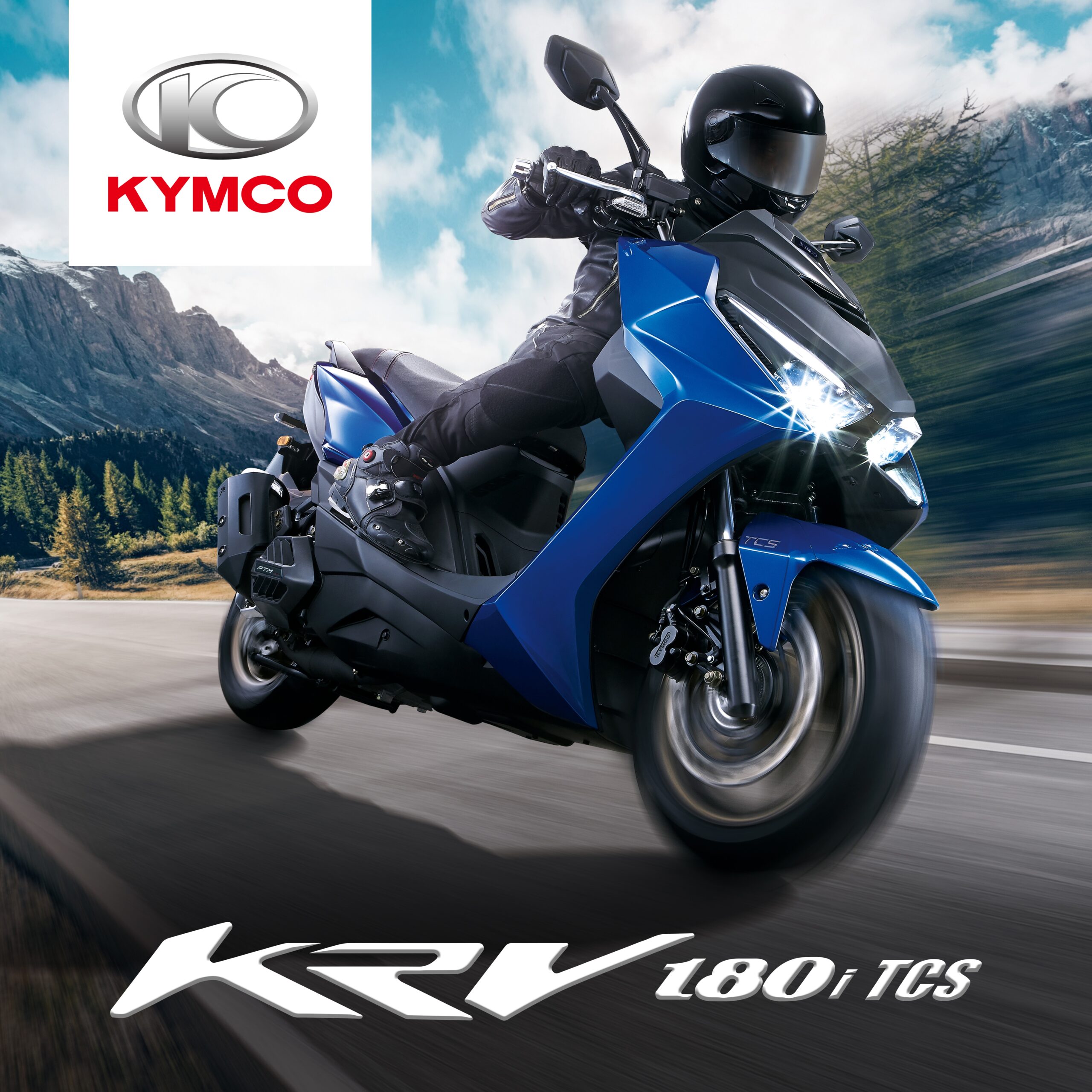


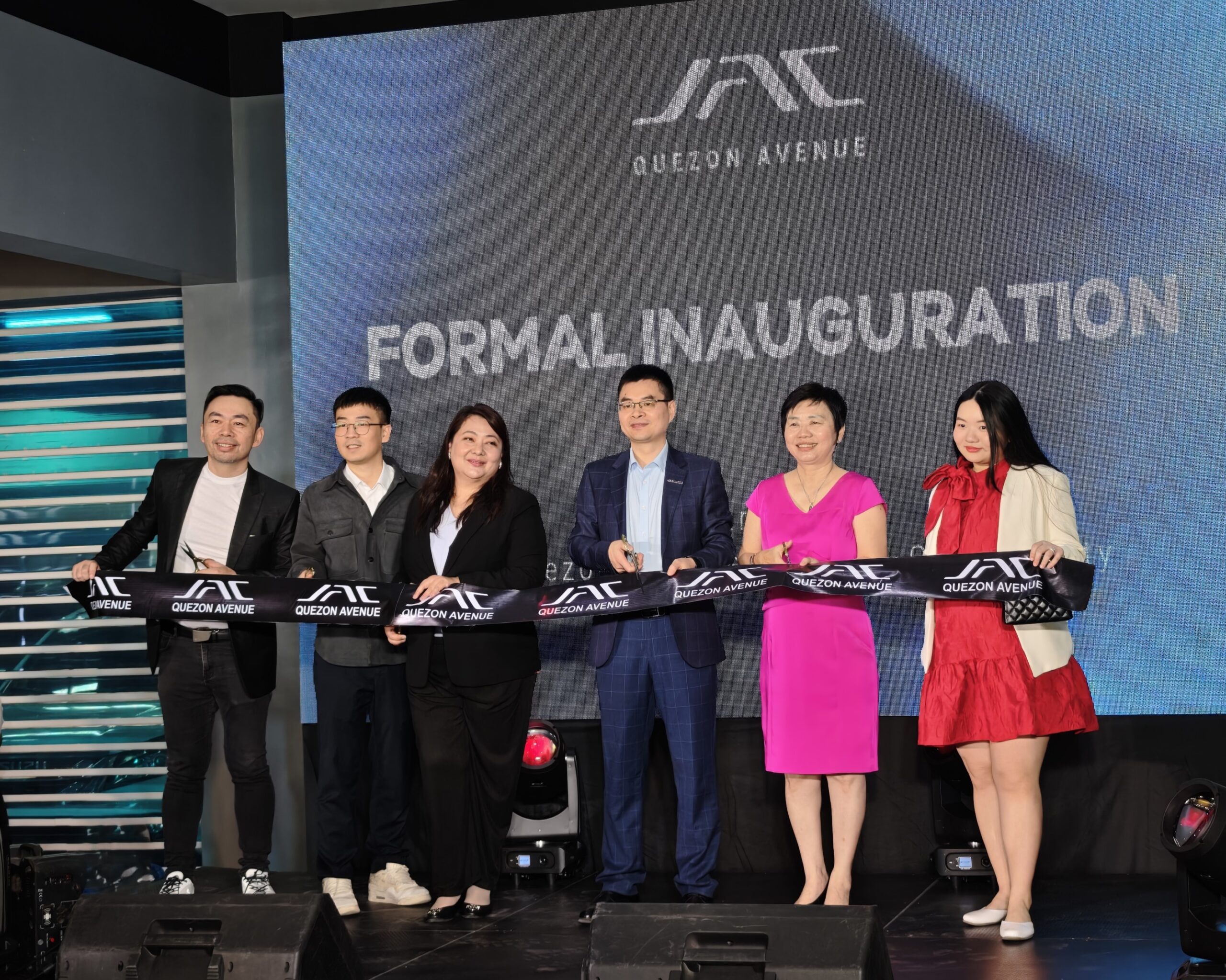


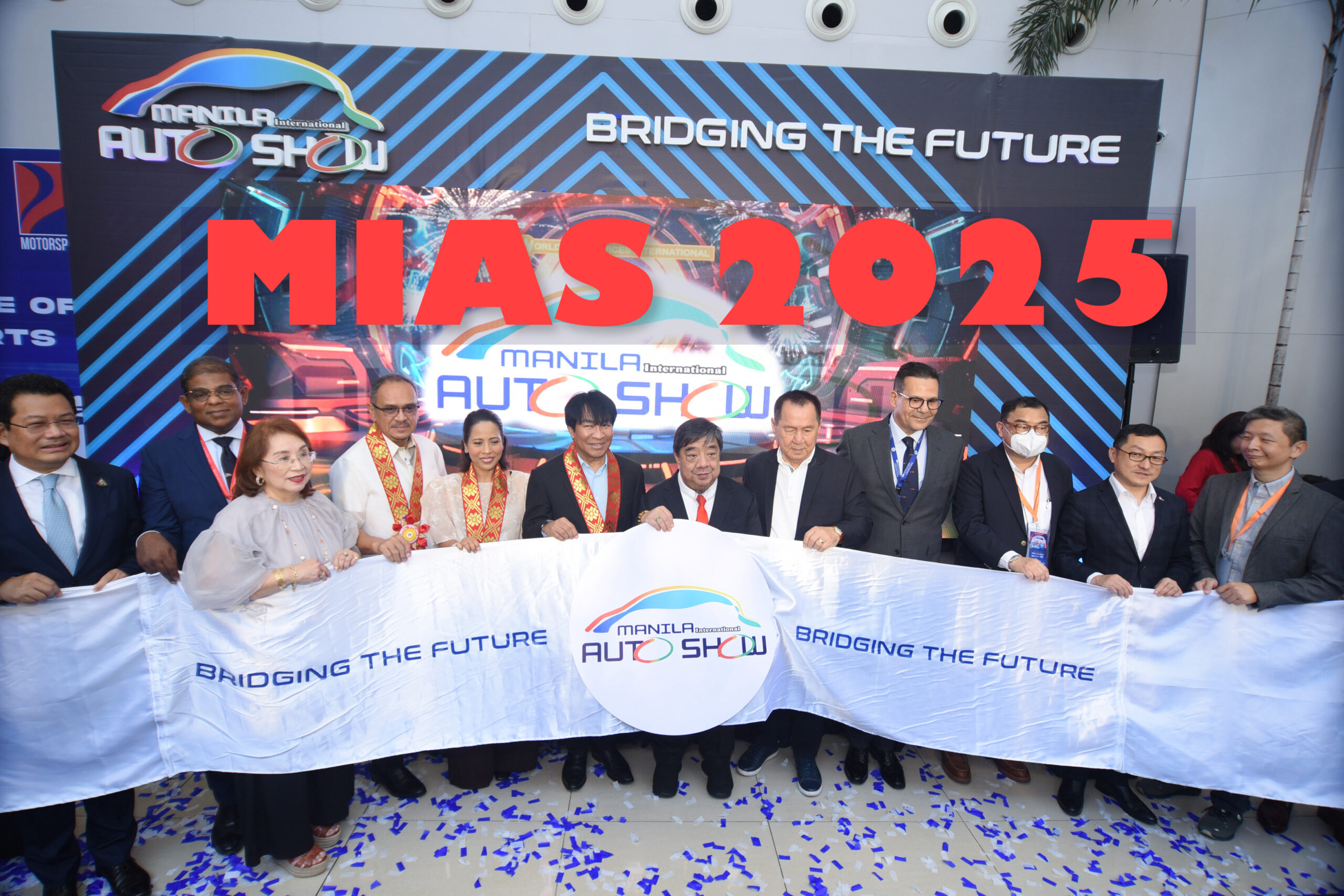


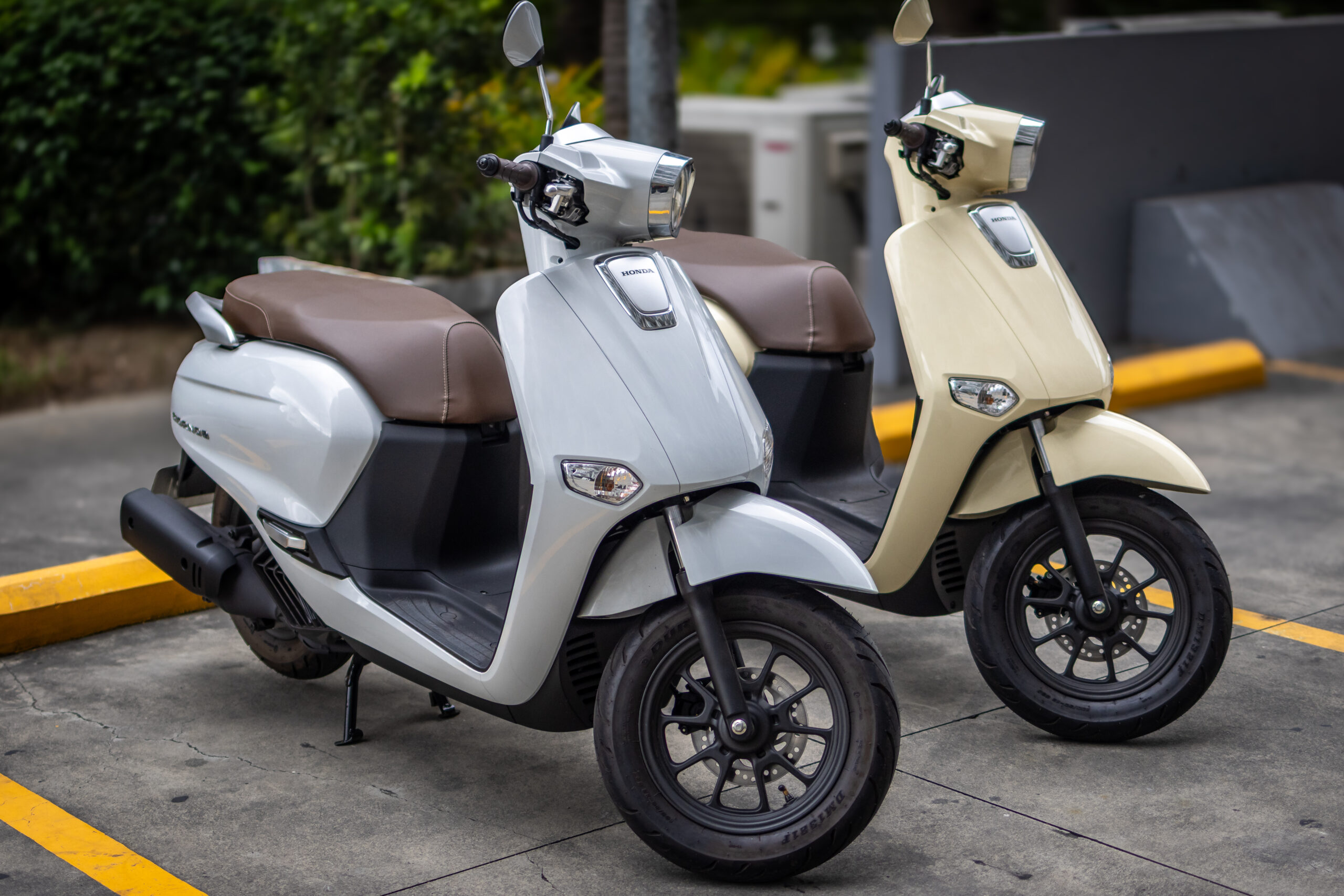




0 comments